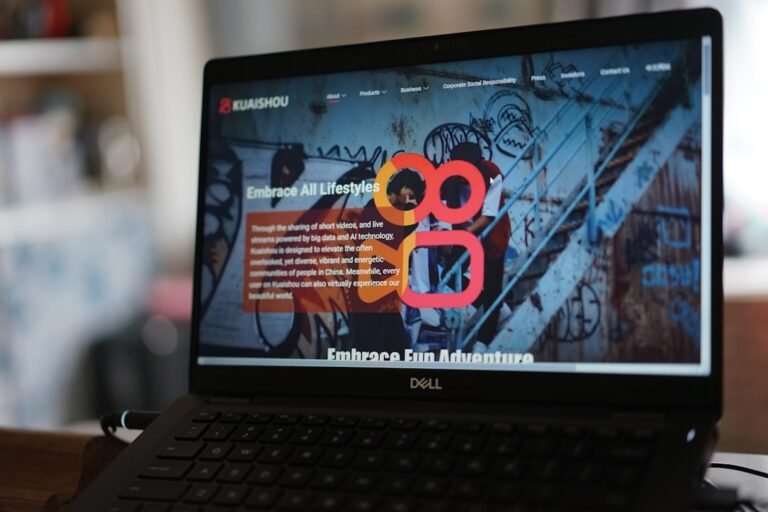strategy free
In today’s fast-paced business landscape, the term “strategy free” might seem counterintuitive. After all, isn’t a well-crafted strategy the key to success? While strategic planning is essential, there are situations where a more flexible, adaptive approach can be just as effective. In this article, we’ll explore the concept of “strategy free” and how it can be applied to achieve success in various contexts.
What Does it Mean to be Strategy Free?
Being strategy free doesn’t mean a complete lack of planning or direction. Rather, it involves embracing a mindset that prioritizes flexibility, spontaneity, and adaptability. It’s about being open to new opportunities, willing to take calculated risks, and able to pivot when circumstances change.
Characteristics of a Strategy Free Approach
**Flexibility**:
The ability to adjust plans and adapt to changing circumstances.
**Spontaneity**:
The willingness to take action without overthinking or overplanning.
**Experimentation**:
A mindset that encourages trying new things and learning from failures.
Benefits of a Strategy Free Approach
A strategy free approach can offer several benefits, including:
**Increased agility**:
By not being tied to a rigid plan, organizations and individuals can respond quickly to changing market conditions or unexpected opportunities.
**Improved creativity**:
Without the constraints of a traditional strategic plan, people are free to think outside the box and come up with innovative solutions.
**Reduced bureaucracy**:
A strategy free approach can help eliminate unnecessary layers of planning and decision-making, allowing for faster execution.
When to Use a Strategy Free Approach
So, when is a strategy free approach most effective? Here are some scenarios where it might be beneficial:
**Highly uncertain environments**:
In situations where the future is highly uncertain, a strategy free approach can help organizations adapt quickly to changing circumstances.
**Innovative projects**:
When working on innovative projects, a strategy free approach can encourage experimentation and creativity.
**Personal development**:
For individuals looking to make significant changes in their lives or careers, a strategy free approach can provide the flexibility and freedom to explore new opportunities.
Challenges and Limitations
While a strategy free approach can be beneficial, it’s not without its challenges and limitations. Some potential drawbacks include:
**Lack of direction**:
Without a clear plan, it’s easy to get lost or lose focus.
**Increased risk**:
A strategy free approach can involve taking more risks, which can lead to failures or setbacks.
**Difficulty in measuring progress**:
Without clear goals or metrics, it can be challenging to measure progress or success.
Conclusion
In conclusion, a strategy free approach can be a valuable alternative to traditional strategic planning. By embracing flexibility, spontaneity, and experimentation, organizations and individuals can adapt quickly to changing circumstances, improve creativity, and reduce bureaucracy. While there are challenges and limitations to consider, a strategy free approach can be an effective way to achieve success in uncertain or innovative environments. By understanding the benefits and limitations of this approach, you can make informed decisions about when to use it and how to implement it effectively.
About Relvixis: Relvixis is a Canadian-based digital agency specializing in results-driven solutions for businesses looking to grow online.
We offer expert services in SEO optimization, web development, social media management, and marketing automation.
Our team blends creative strategy with technical precision to drive leads, enhance brand visibility, and accelerate digital performance.
To learn more or schedule a free consultation, visit
relvixis.com.







